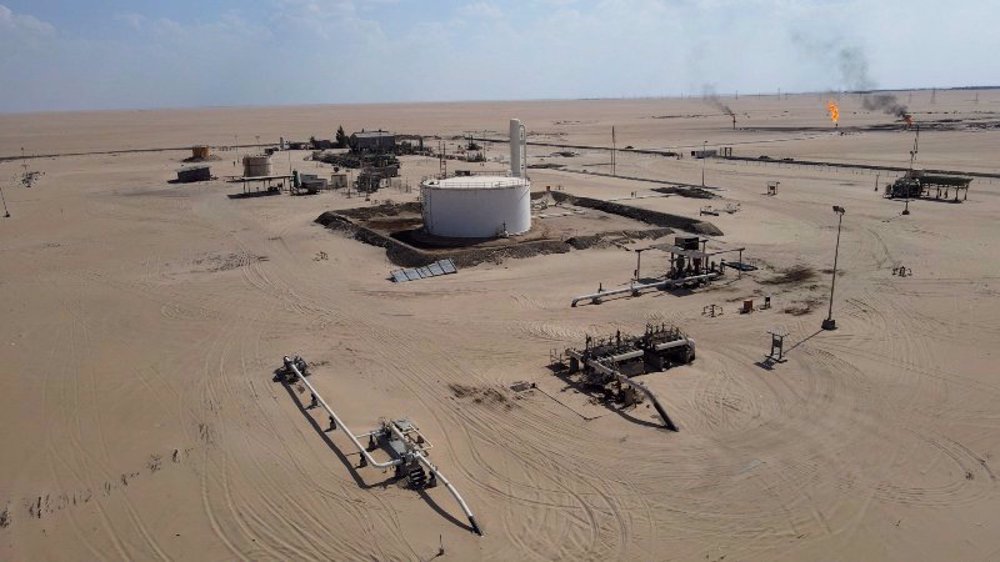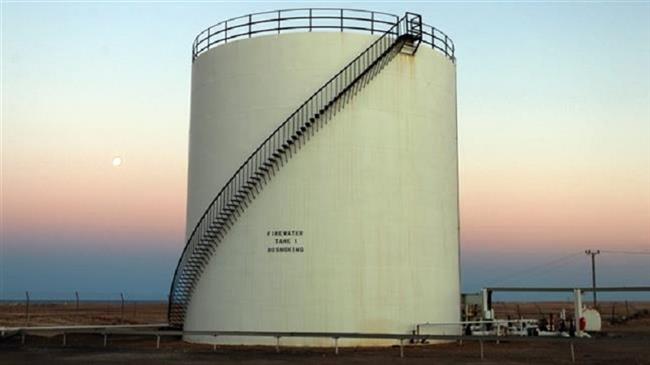Libya's oil output falls by over 50% due to ongoing political standoff
More than half of total Libya's oil production has gone offline as the Arab country’s exports were suspended due to a political standoff between rival factions, threatening four years of relative peace.
Over 700,000 barrels per day of Libya's oil production, more than half of the total, was offline Thursday as exports were halted at various ports of the North African country due to a persisting standoff between competing political factions over the central bank and oil revenue.
The crisis over control of the Central Bank of Libya poses a risk of renewed instability in Libya, which is a significant oil producer, now divided between eastern and western factions.
Libya's major oil ports in the Oil Crescent - Es Sidra, Brega, Zueitina, and Ras Lanuf- suspended their export operations earlier in the day, local engineers were quoted as saying.
According to the report, four ships had loaded 600,000 barrels of oil each from the eastern region, which supplies most of the country’s exports- two at Es Sidra, one at Brega, and one at Zueitina- and then departed.
Production at the oilfields operated by Waha Oil Company, a subsidiary of the National Oil Corporation, has fallen from 280,000 to 150,000 barrels per day, with further reductions expected, it added.
Furthermore, output has been halted or decreased at the Sharara, Sarir, Abu Attifel, Amal, and Nafoora fields, according to the engineers.
The situation has led to an approximate reduction of 700,000 barrels per day in Libya’s oil production, Reuters reported.
In July, the country managed to produce about 1.18 million barrels per day.
Estimates by Rapidan Energy Group, a consulting firm, suggest that production losses could reach between 900,000 and 1 million barrels per day, potentially lasting several weeks.
The eastern factions have insisted on keeping oil production shut until the internationally recognized Presidency Council and Government of National Unity in Tripoli, located in the west, reinstates Sadiq al-Kabir as central bank governor.
Back on August 18, the Presidency Council led by Mohammed al-Menfi announced Kabir’s dismissal, a move contested by the eastern-based House of Representatives parliament and Khalifa Haftar’s so-called Libyan National Army.
Libya, a North African OPEC member, has been the scene of increasing violence since 2011, when long-time leader Muammar Gaddafi was toppled after a NATO military intervention.
His ouster created a huge power vacuum, leading to chaos and the emergence of numerous militant outfits, including the Takfiri Daesh terrorist group.
The division between eastern and western factions began in 2014.
Oil blockades have frequently been used as a political strategy since the end of Gaddafi’s 42-year rule. While smaller, localized disruptions may be resolved within days, major blockades linked to significant political or military conflicts can last for months.
The longest blockade occurred in 2020 when Haftar halted nearly all oil production for eight months, a situation only resolved as part of a broader agreement after his attack on Tripoli failed.
Press TV’s website can also be accessed at the following alternate addresses:








 This makes it easy to access the Press TV website
This makes it easy to access the Press TV website